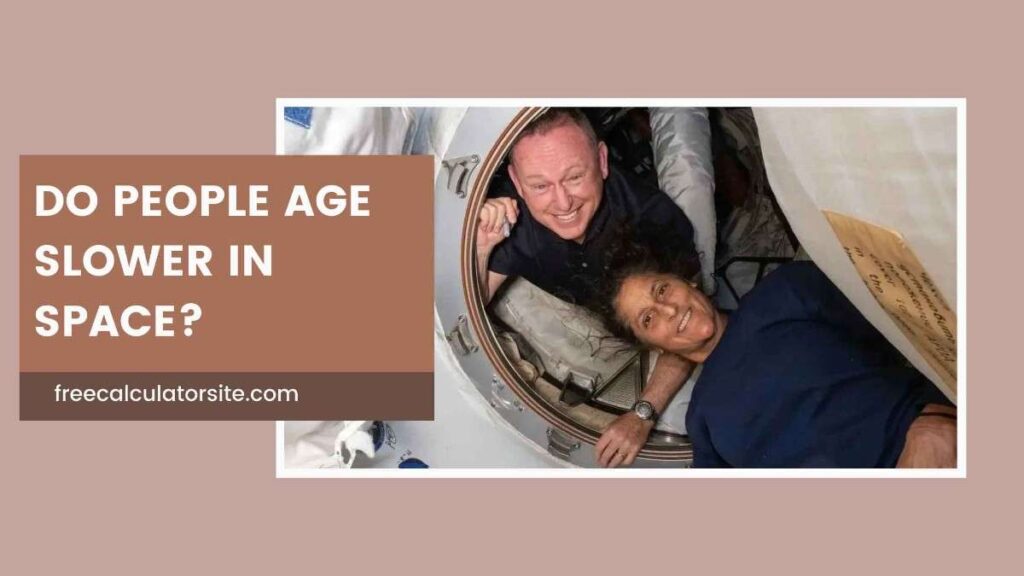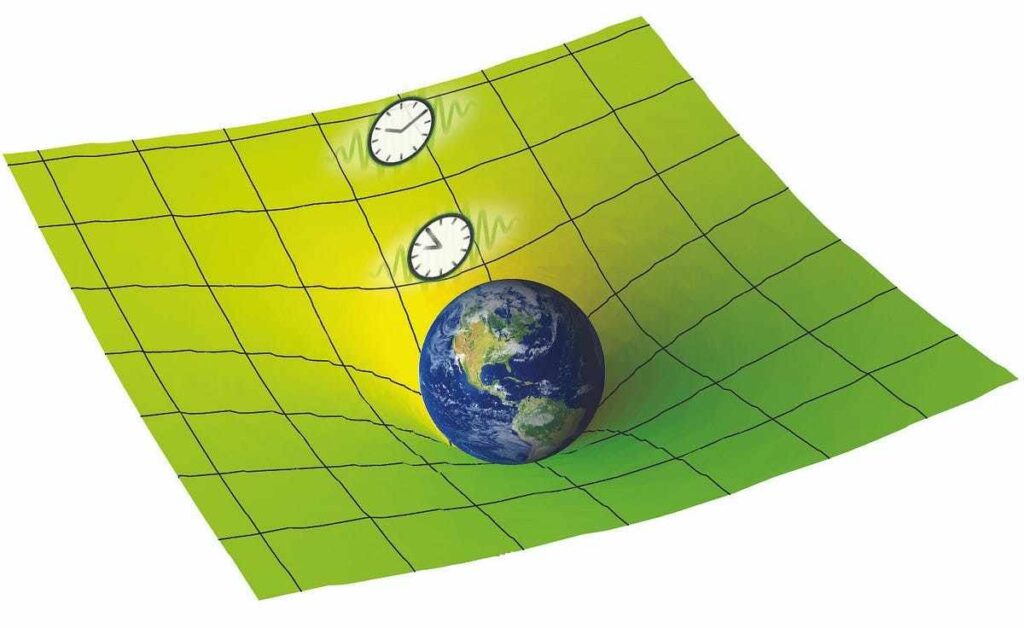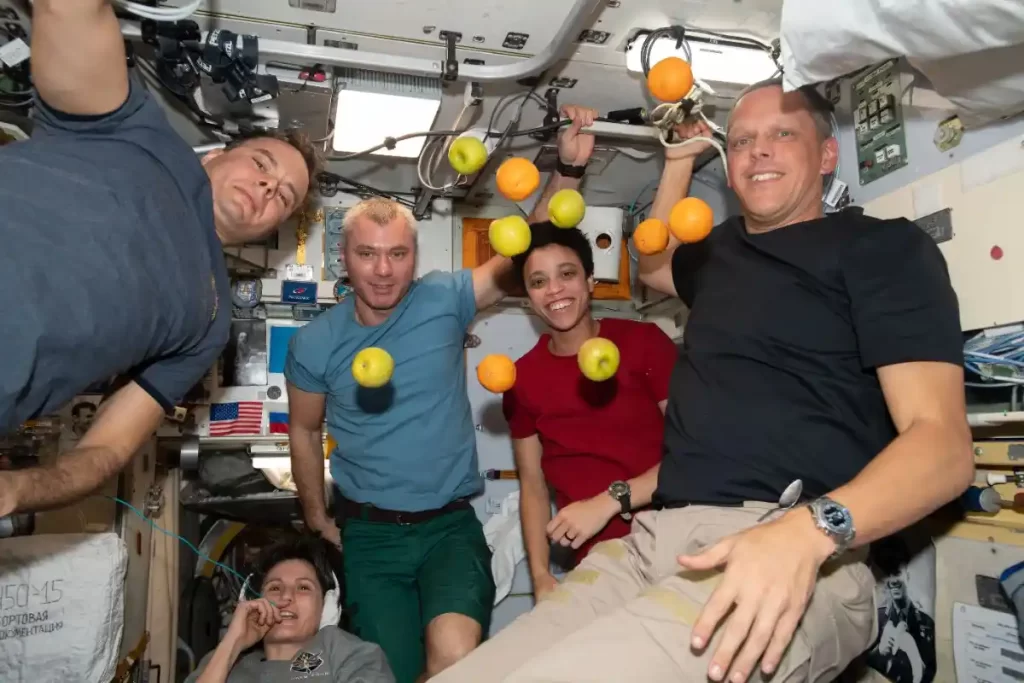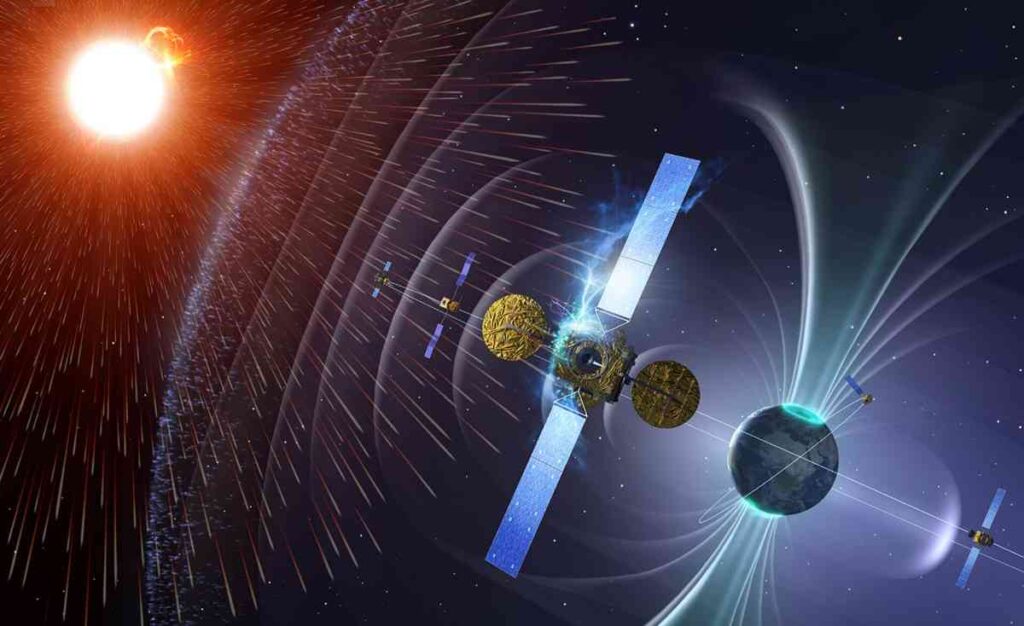
The idea of space travel has captivated humanity for centuries, but beyond the allure of distant planets and alien landscapes lies a fascinating question: Do people age slower in space?
This concept isn’t just the stuff of science fiction.
It’s rooted in scientific principles, particularly those proposed by Albert Einstein over a century ago.
As space agencies like NASA push forward with plans to explore Mars and beyond, understanding how the human body ages in space is more critical than ever.
In this article, we will explore the science behind time dilation, the effects of microgravity on the human body, and what astronauts experience during long-term missions.
So, does space really offer a “fountain of youth”? Let’s find out.
Time Dilation: Einstein’s Theory of Relativity

One of the most crucial scientific ideas related to aging in space is time dilation, a concept from Einstein’s Theory of Relativity.
Einstein proposed that time is not constant but relative—it can change depending on the speed at which an object is moving and the strength of gravitational fields.
There are two types of time dilation that come into play when discussing space travel: gravitational time dilation and velocity time dilation.
- Gravitational Time Dilation occurs when time moves more slowly in stronger gravitational fields. For example, on Earth, we experience more gravity than astronauts in space, meaning time passes slightly slower for us.
- Velocity Time Dilation occurs when an object moves at high speeds. The closer you travel to the speed of light, the slower time will pass relative to someone at rest.
This concept was famously illustrated in the movie Interstellar, where astronauts orbit a black hole and experience time moving much slower than on Earth.
While we’re not sending astronauts near black holes, even at the speeds achievable by spacecraft today, time dilation has measurable effects.
See Also: Do People Age in a ComaDo Astronauts Age Slower?
The answer is yes—but only by a tiny margin. Astronauts on the International Space Station (ISS) experience a form of time dilation.
Traveling at speeds of about 28,000 kilometers per hour (17,500 miles per hour) while orbiting Earth, astronauts are technically aging slower than people on the surface.
However, the difference is minuscule.
Over a six-month stay on the ISS, astronauts might age about 0.007 seconds less than their counterparts on Earth.
In 2019, NASA’s Twin Study provided concrete data on the effects of space on aging.
Identical twin astronauts Scott and Mark Kelly participated in a study where Scott spent nearly a year aboard the ISS, while Mark remained on Earth.
Upon Scott’s return, NASA scientists compared the twins’ DNA, immune system function, and cognitive abilities.
While Scott didn’t experience significant “reverse aging,” his body did show some temporary changes.
Interestingly, his telomeres—protective caps on the ends of chromosomes that shorten as we age—actually lengthened during his time in space, though they returned to their normal length shortly after his return to Earth.
The Role of Microgravity in Aging

While time dilation might slow the passage of time for astronauts, there are other factors in space that could actually accelerate the aging process.
One of the most significant is microgravity—the near-weightless environment that astronauts live in while orbiting Earth.
Microgravity has profound effects on the human body.
Our muscles, bones, and cardiovascular system are all adapted to Earth’s gravity, so when that force is removed, the body begins to change in ways that resemble accelerated aging:
- Bone Density Loss: In space, astronauts can lose 1% to 1.5% of their bone mass per month. On Earth, this kind of bone loss is typically seen in older adults who suffer from osteoporosis. Microgravity weakens bones because they are not bearing weight like they do on Earth.
- Muscle Atrophy: Without the constant resistance provided by gravity, muscles weaken and shrink in space. Astronauts need to exercise for up to two hours a day to counteract this effect, but they still experience significant muscle loss.
- Cardiovascular Health: The heart, a muscle itself, can also weaken in space. Without the need to pump blood against the force of gravity, the heart works less, which may lead to reduced cardiovascular fitness.
- Vision Problems: A surprising effect of long-term space missions is spaceflight-associated neuro-ocular syndrome (SANS), which can cause blurred vision. Scientists suspect this is due to fluids shifting upward in the body in microgravity, causing pressure on the eyes.
All of these effects mimic the processes of aging, making space travel a double-edged sword when it comes to aging.
Time may pass more slowly, but the body experiences stressors that, in some ways, speed up aging.
Space Radiation: Another Accelerating Factor?

Another critical factor in the aging process in space is cosmic radiation.
On Earth, we are protected from most space radiation by our planet’s magnetic field and atmosphere.
However, once astronauts leave Earth’s protective shield, they are exposed to higher levels of radiation.
This radiation can damage cells, potentially leading to cancer, DNA damage, and other age-related illnesses.
NASA and other space agencies are deeply concerned about the long-term effects of radiation on the human body, particularly for missions to Mars, which would expose astronauts to far higher doses of cosmic radiation than those on the ISS.
Some scientists speculate that the aging process could accelerate due to radiation exposure, counteracting any time dilation effects.
Also Read: Do Feet Get Bigger with Age?Could Space Extend Human Lifespan?
Given the conflicting forces—time dilation versus microgravity and radiation—can space travel slow down aging enough to extend human lifespan?
In theory, if we could travel at near-light speeds, time dilation could drastically slow aging.
For example, if you were to travel at 90% of the speed of light, you would experience time moving much more slowly than people on Earth.
A journey that seems like a few years to you could mean decades or even centuries pass back on Earth.
However, our current technology is far from achieving those speeds.
More realistically, protecting astronauts from the negative effects of space travel, such as radiation and muscle loss, will be crucial for future missions to Mars or beyond.
If scientists can mitigate these risks, then perhaps one day we’ll discover that space travel does indeed have anti-aging benefits.
Conclusion
While space may offer some time-bending effects through time dilation, the reality of aging in space is far more complex.
Astronauts may age slightly slower due to their high speeds, but the harsh conditions of space—especially microgravity and radiation—pose significant risks that can accelerate the aging process.
For now, space is not the fountain of youth, but as technology and our understanding of the universe advance, we may one day unlock the secrets to aging slower—or even reversing aging—during our journey among the stars.

Sayantika Karmakar provides expert insights on financial calculators in her blog posts.
